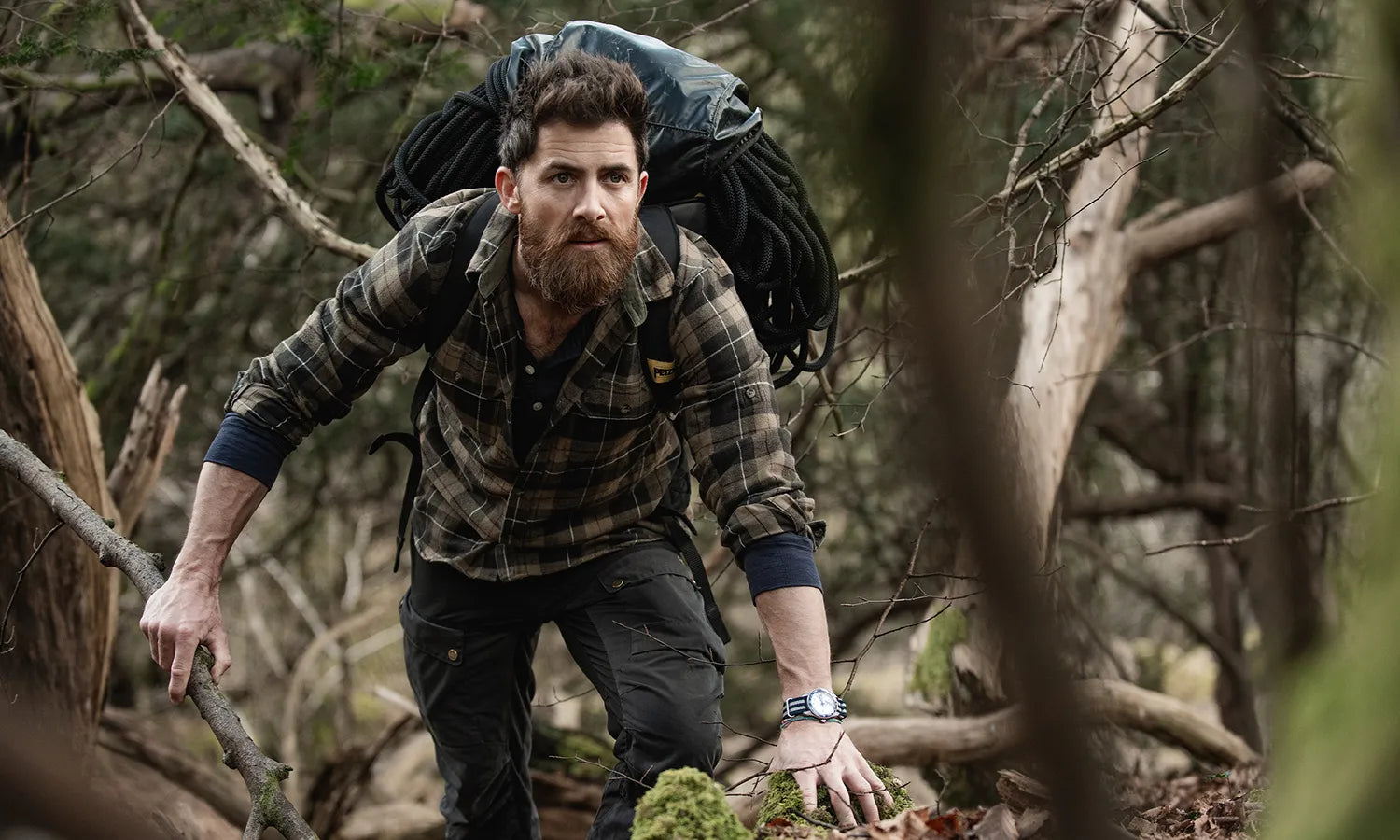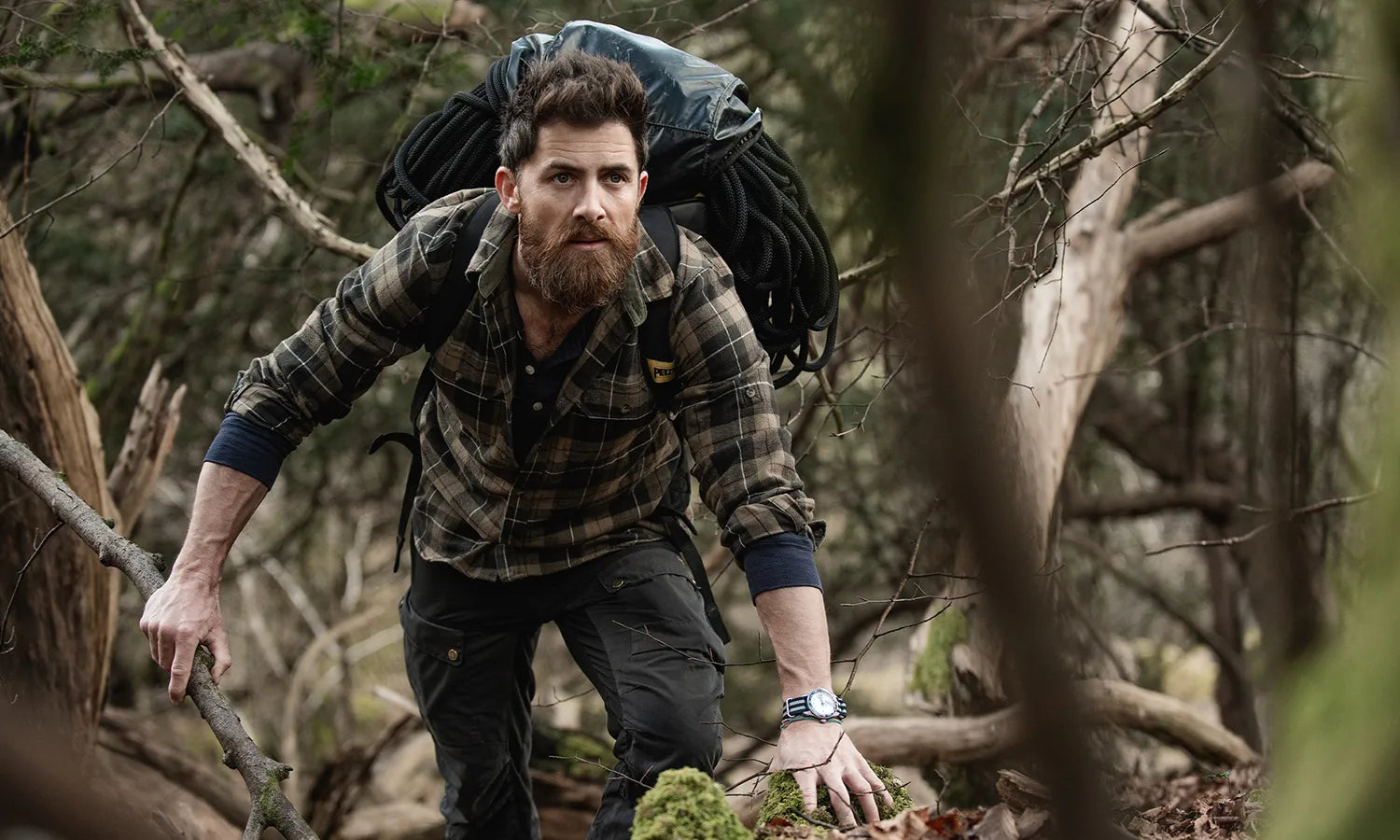Bremont Co-Founder Giles English comments, “I have known Jonathan Church, the co-owner of Joseph Cheaney (used to be part of Church’s shoes), for many years and love that they still make shoes in the same Victorian factory where they started, close to where I live in Northampton. I have huge admiration for anything that is beautifully built with real craft hence it’s a pleasure to tell their story. So much of the shoe industry has been lost from the UK over the years. Somehow it always reminds me of Kinky Boots for anyone who has seen that film.”

Northamptonshire is renowned as the home of quality English shoemaking. According to folklore there was not only ample availability of materials for tanning leather in the 1600s but also the need to re-shod the armies about to fight the Battle of Naseby, and so spawned the nascent shoe industry. In reality, there were no factories in the 17th century, and it was around 200 years later that the oldest shoe families became more organised leading to the establishment of manufactories. So it was with Cheaney. Joseph Cheaney had been the factory manager of B. Riley, but in 1886 established J. Cheaney, Boot & Shoemakers in a small premises in Station Road, Desborough.
There were about seven shoe factories in Desborough at this time, and in 1890, Arthur Cheaney joined his father’s company. In 1896, the business moved to the site it still occupies today in a purpose-built factory to house all aspects of shoemaking, from the cutting out of the leather to the final polishing. Although some manufacturers now outsource the initial production of the uppers to the Far East, Cheaney shoes are still cut out and ‘closed’ in Desborough, Northamptonshire as they have been since 1886. Today, it is an 8 week process from the initial pattern design to the final polish and it all takes place under one roof by 140 skilled craftsmen and women.

The company initially focused on crafting shoes for some of the finest retailers around the world and it was the founder’s grandson, Joseph Humfrey Cheaney, who realised that the company’s future lay in building its legacy under an eponymous label; Cheaney was subsequently bought by Church & Co in 1964. Cousins Jonathan and William Church later conducted a management buy-out of Cheaney from Church’s in 2009, which was by then, a wholly owned subsidiary of Prada.
“Cheaney was a wonderful business,” says Jonathan. “It had its own factory, its own workforce with skilled labour – which was absolutely critical – and the machinery. It was a good traditional heritage brand that was very well known in the industry, but less well known in the consumer market. It had all the right ingredients, and we thought we could bring that back into the forefront.”

Cheaney remains committed to the traditional shoemaking processes fundamental to the integrity of producing Goodyear-welted footwear. There has always been a certain cachet around ‘British made’ and it’s certainly no different for these handcrafted British shoes which have seen increased demand in international markets in recent years. Cheaney is best known for its timeless brogues and boots, some of which can even be seen in the cult crime drama series Peaky Blinders.

Be it with watches or shoes, discerning customers are after high quality, highly sustainable, investment pieces which is something that Bremont and Cheaney are proud to offer. A mechanical watch can certainly last a lifetime and amazingly, almost all Cheaney footwear can be refurbished. Providing the original material is in workable condition, Cheaney has refurbished shoes that are decades old, with customers stating that they have been passed down from grandfathers and fathers to be enjoyed and celebrated by another generation.
---Cheaney is offering Bremont customers a 10% discount on all full priced items for the month of June 2020. Visit cheaney.co.uk to view the range and use the code ‘Bremont10’ to redeem this offer.










